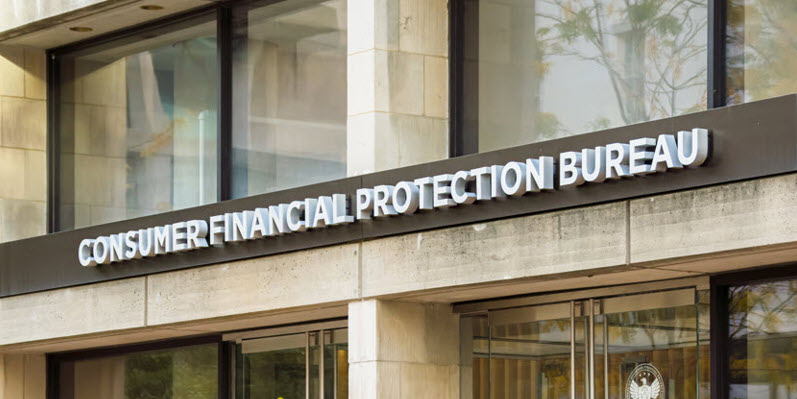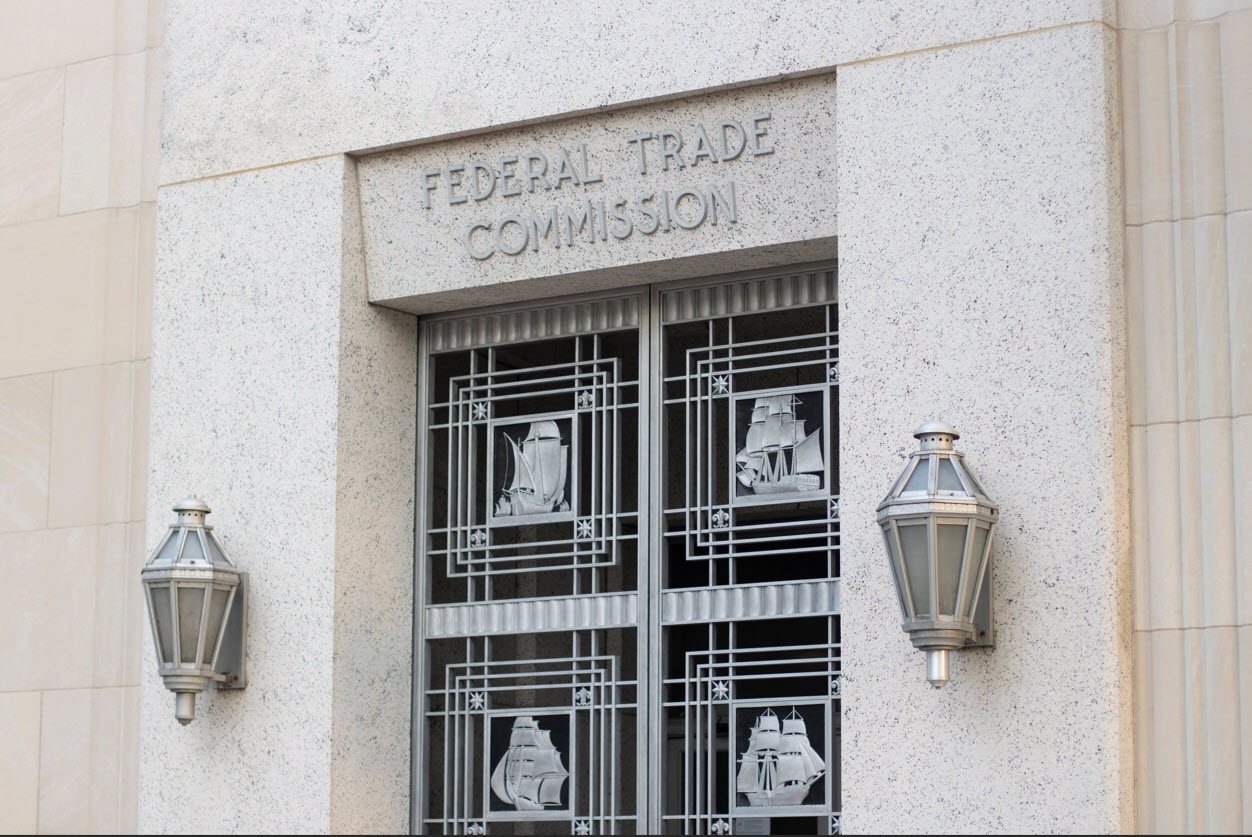The Consumer Financial Protection Bureau (CFPB) has proposed new regulations aimed at curbing unfair contractual terms in agreements for consumer financial products and services. The proposal seeks to prohibit certain provisions that waive essential consumer legal rights, limit free expression, and grant financial companies the power to unilaterally amend contract terms. This initiative is part of the CFPB’s broader effort to ensure that consumers are not unfairly burdened by coercive terms hidden in the fine print of contracts.
Key Aspects of the Proposal
The proposal specifically targets “contracts of adhesion”—standardized contracts that large companies draft and present to consumers on a “take it or leave it” basis. These contracts, while operationally efficient for businesses, have been increasingly used to restrict individual rights that are protected under U.S. law, including constitutional rights and consumer protections granted by both federal and state statutes.
The CFPB’s proposed rules aim to prevent companies from including terms that:
- Waive consumer legal rights and remedies provided by state or federal laws.
- Allow companies to unilaterally change key terms of the contract at any time.
- Restrict consumers’ right to free expression, such as limiting negative reviews or imposing fines for critical opinions.
The Impact of Coercive Contract Terms
Consumers often face serious consequences due to these one-sided provisions, which can waive statutory protections, surrender due process rights upon default, and restrict the ability to speak freely. These clauses primarily benefit companies, insulating them from accountability and enabling them to exert more control over consumers. In many cases, the terms provide little to no benefit for consumers, leaving them vulnerable to exploitation.
While the Bill of Rights protects individuals primarily from government action, legal experts are increasingly acknowledging the similar risks posed by private corporations that limit fundamental freedoms through contract terms. The CFPB is concerned that these corporate practices undermine due process, free speech, and the benefits of a fair, transparent, and competitive marketplace.
History of Consumer Protection Efforts
The proposed rule builds on previous consumer protection efforts, including the Federal Trade Commission’s (FTC) Credit Practices Rule, which was established in 1984. The rule prohibited certain creditor remedies in consumer credit contracts. Over time, Congress and regulators have enacted additional measures to limit companies’ use of one-sided contract terms. For example, the Consumer Review Fairness Act of 2016 prevents businesses from restricting consumers’ right to post negative reviews in form contracts.
The CFPB has also issued guidance warning companies that certain terms and conditions in consumer contracts could be unlawful, including provisions that violate the Consumer Review Fairness Act.
What’s Next for the Proposal?
The CFPB is proposing to codify the Credit Practices Rule for all financial companies covered under the Consumer Financial Protection Act (CFPA). This move is expected to have minimal impact on the market, as most covered entities are likely already in compliance with these provisions. The CFPB is also proposing to extend the ban on unfair or deceptive terms to include clauses that waive legal rights or interfere with free speech.
Consumers, financial institutions, and other stakeholders are invited to submit comments on the proposal before April 1, 2025. This is an important opportunity for individuals and organizations to share their perspectives on the proposed rule, which could reshape how financial companies draft and enforce consumer contracts.
Through these proposed changes, the CFPB aims to protect consumers from the harmful effects of coercive contract terms and promote fairness in the financial marketplace.

Author: Jennifer Evancic
Jennifer.Evancic@ResourceManagement.com
Jennifer Evancic is a third-party auditor valued by creditors and large organizations for her knowledge in call monitoring within the collections industry. With meticulous attention to detail and a firm grasp of regulatory requirements, she ensures compliance with clients’ criteria and state and federal regulations.
Jennifer audits collections calls, ensuring they meet client-specific criteria and comply with regulations, providing valuable insights and maintaining industry standards.
Beyond her auditing responsibilities, Jennifer takes the lead in organizing and facilitating monthly call calibrations. These sessions serve as a collaborative forum where clients and their vendors come together to discuss call monitoring results and address any findings or areas for improvement. Jennifer’s guidance fosters open communication and ensures alignment between clients and vendors, driving continuous improvement in collections practices.
Jennifer stays up-to-date with compliance and industry best practices by participating regularly in peer meetings, regulatory updates and industry webinars. This keeps her informed about emerging issues and ensures she remains a knowledgeable leader in collections compliance.
Sign Up for the Twice Monthly Newsletter
Just enter your email address at the top orange bar at:
Collection Compliance Experts – “The Power of Expertise: Oversight Perfected”
It’s that easy! Twice a month – we provide blog updates and Resources for the Collection and Industry Professional.
Your email is just for this newsletter. We never sell your information. No fee. Opt-out at any time.




